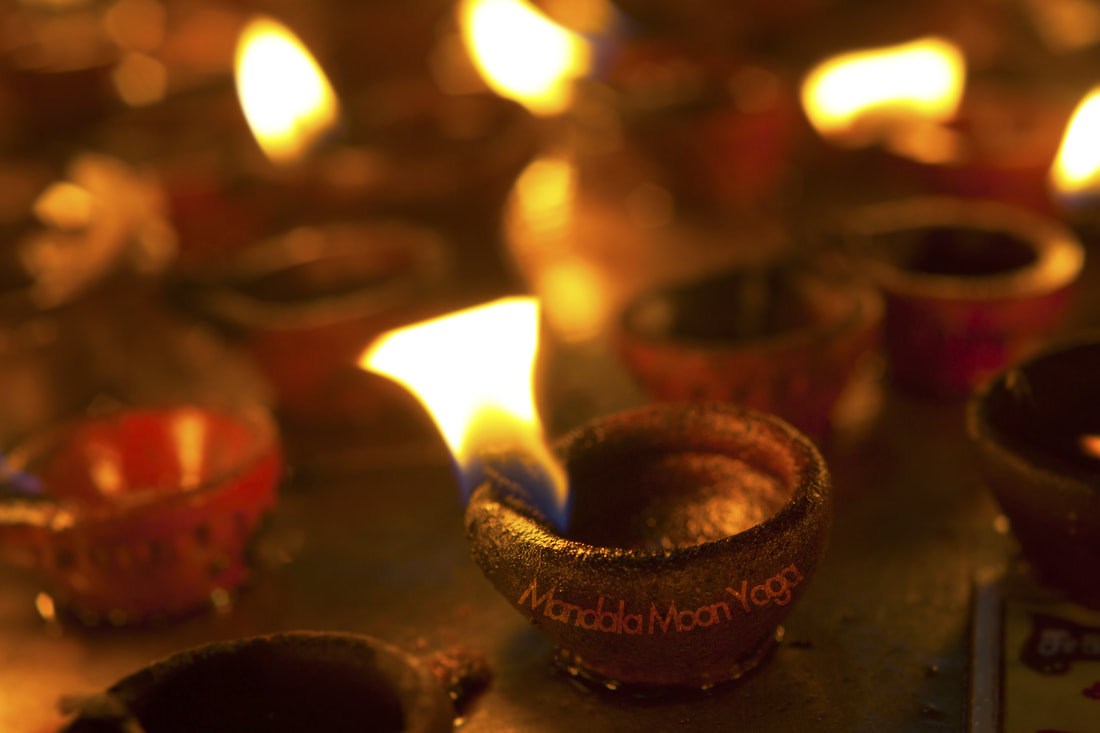The festival is celebrated on the darkest night of the Hindu lunar month Kartika, which typically falls between mid-October and mid-November. In 2023, Diwali will be celebrated on Sunday, November 12th.
Diwali is celebrated with a variety of rituals and traditions, which vary depending on the region and community. However, some common elements include:
- Cleaning and decorating the home: Diwali is a time for new beginnings, so it is customary to clean and decorate the home before the festival. This includes lighting diyas (clay lamps) and candles, and creating rangolis (colorful patterns made from sand or colored powder) on the floor.
- Worshipping Lakshmi: Lakshmi, the Hindu goddess of wealth and prosperity, is worshipped on Diwali. People pray to Lakshmi for good fortune and blessings.
- Exchanging gifts: Diwali is a time to celebrate with family and friends. People exchange gifts, such as sweets, clothes, and money.
- Setting off fireworks: Fireworks are a popular part of Diwali celebrations. They are set off to symbolize the victory of light over darkness.
Here are some specific ways in which Diwali and yoga are connected:
- The light of awareness: In yoga, the light of awareness is often symbolized by the flame of a candle or diya. Diwali is the festival of lights, and it is a time to celebrate the light of awareness within ourselves.
- The victory of good over evil: Yoga teaches us that the greatest battle is the one that we fight within ourselves, between our higher and lower natures. Diwali celebrates the victory of good over evil, and it is a time to recommit ourselves to living a life of truth and righteousness.
- The importance of inner cleanliness: Yoga teaches us that the body is a temple, and that we should treat it with respect and care. Diwali is a time to clean and decorate our homes, and it is also a time to cleanse our bodies and minds of negativity.
- The spirit of generosity: Yoga teaches us to be selfless and to give to others without expectation of anything in return. Diwali is a time to exchange gifts with loved ones, and it is also a time to give back to our communities through charitable donations.
Here are some specific yoga practices that you can do during Diwali:
- Sun salutations: Surya Namaskar, or sun salutations, is a powerful sequence of yoga postures that helps to energize the body and mind. It is a great practice to do in the morning of Diwali, to welcome the light of the festival.
- Candlelit meditation: Candlelit meditation can help you to focus on your inner light and to cultivate feelings of peace and joy. To practice candlelit meditation, sit in a comfortable position and focus your gaze on the flame of a candle. Allow your breath to become slow and deep, and relax your mind and body.
- Yoga Nidra: Yoga Nidra, or yogic sleep, is a deeply relaxing and restorative practice. It is a great way to end the day of Diwali and to prepare for a peaceful night's sleep. If you have a meditation app, you can probably find a guided Yoga Nidra recording. For a simple version, lie down on your back in a comfortable position and close your eyes. Allow your body to become completely relaxed and still. Then, begin to scan your body from your head to your toes, bringing awareness to each part of your body and relaxing it deeply. Once your body is completely relaxed, you can begin to practice guided meditation.


 RSS Feed
RSS Feed